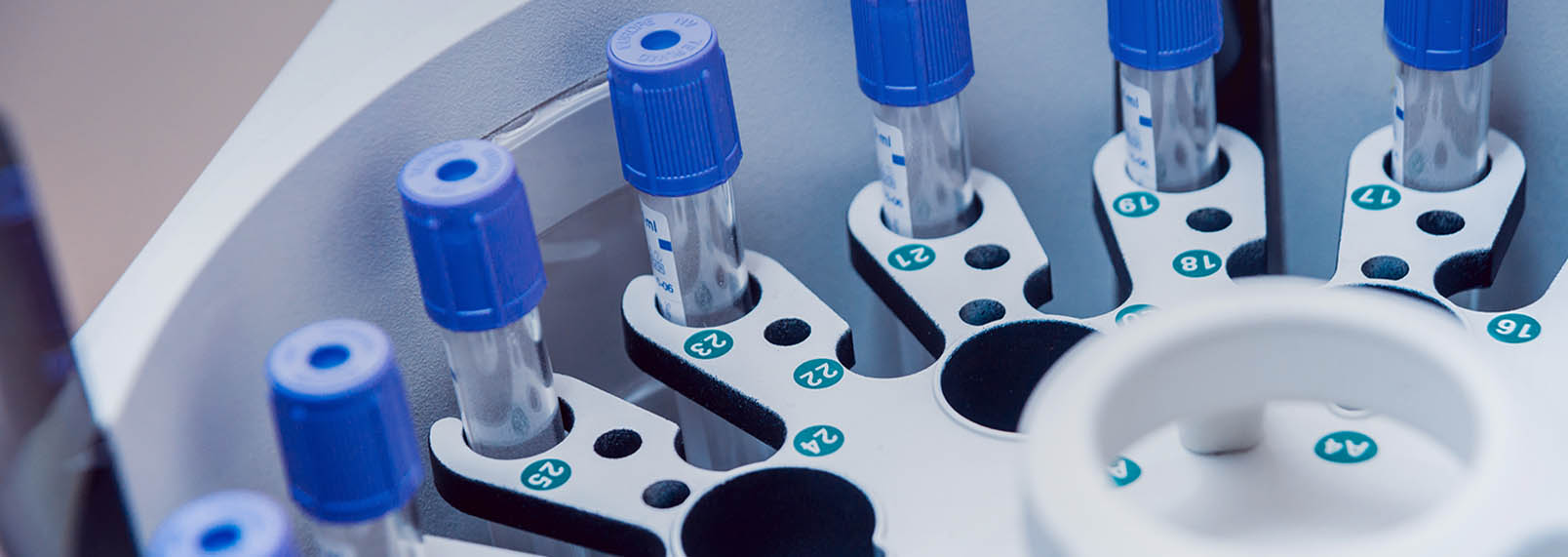Fibrostatin C
* Please be kindly noted products are not for therapeutic use. We do not sell to patients.

| Category | Enzyme inhibitors |
| Catalog number | BBF-01709 |
| CAS | 91776-47-5 |
| Molecular Weight | 409.41 |
| Molecular Formula | C18H19NO8S |
| Purity | >98% |
Online Inquiry
Description
Fibrostatin C is a proline hydroxylase inhibitor produced by Strptomyces catenulae.
Specification
| Synonyms | N-Acetyl-S-((5,8-dihydro-1-hydroxy-3,6-dimethoxy-5,8-dioxo-2-naphthalenyl)methyl)-L-cysteine |
| Storage | -20°C |
| IUPAC Name | (2R)-2-acetamido-3-[(1-hydroxy-3,6-dimethoxy-5,8-dioxonaphthalen-2-yl)methylsulfanyl]propanoic acid |
| Canonical SMILES | CC(=O)NC(CSCC1=C(C=C2C(=C1O)C(=O)C=C(C2=O)OC)OC)C(=O)O |
| InChI | InChI=1S/C18H19NO8S/c1-8(20)19-11(18(24)25)7-28-6-10-13(26-2)4-9-15(17(10)23)12(21)5-14(27-3)16(9)22/h4-5,11,23H,6-7H2,1-3H3,(H,19,20)(H,24,25)/t11-/m0/s1 |
| InChI Key | PBMJDDQAEYEYKK-NSHDSACASA-N |
Properties
| Boiling Point | 796.6°C at 760 mmHg |
| Melting Point | 187°C |
| Solubility | Soluble in DMSO |
Reference Reading
1. Effect of prolyl 4-hydroxylase inhibitor on fibroblast collagen production in vitro: an approach to the treatment of systemic sclerosis
Y Kawaguchi, M Harigai, A Kitani, K Suzuki, M Kawakami, T Ishizuka, T Hidaka, M Hara, M Kawagoe, H Nakamura J Rheumatol. 1992 Nov;19(11):1710-5.
Prolyl 4-hydroxylase (PH), which catalyzes the conversion of prolyl residues to 4-hydroxyproline, plays a central role in the synthesis and secretion of collagen. We demonstrated that fibroblasts from patients with systemic sclerosis produced significantly more PH than those from healthy subjects. To regulate excessive collagen production by scleroderma fibroblasts, we examined the effect of a PH inhibitor on collagen production by scleroderma fibroblasts. Fibrostatin-C, a PH inhibitor, significantly decreased the amount of procollagen (type I) production by scleroderma fibroblasts (p < 0.01). We suggest that this PH inhibitor might be a valid antifibrotic agent useful for the treatment of patients with scleroderma.
2. Inhibition of prolyl hydroxylase activity and collagen biosynthesis by fibrostatin C, a novel inhibitor produced by Streptomyces catenulae subsp. griseospora No. 23924
T Ishimaru, T Kanamaru, T Takahashi, H Okazaki J Antibiot (Tokyo). 1988 Nov;41(11):1668-74. doi: 10.7164/antibiotics.41.1668.
Fibrostatin C, a novel prolyl hydroxylase inhibitor produced by Streptomyces catenulae subsp. griseospora No. 23924, inhibited the activity of purified chick embryo prolyl hydroxylase by about 50% at a concentration of 2.9 x 10(-5) M. The inhibition was mixed type with respect to (Pro-Pro-Gly)5 with a Ki of 2.1 x 10(-5) M. When an excess of ferrous ions or ascorbate was added to the reaction mixture, the inhibition was negligibly or slightly reversed, respectively. Fibrostatin C, when administered intraperitoneally at 1 mg/kg/day or orally at about 100 mg/kg/day as a dietary admixture, significantly inhibited estradiol-17 beta stimulated collagen biosynthesis in the uterus of the immature rat.
3. Effect of fibrostatin C, an inhibitor of prolyl 4-hydroxylase, on collagen secretion by human Tenon's capsule fibroblasts in vitro
S Saika, A Ooshima, O Yamanaka, Y Okada, S Tanaka, Y Ohnishi Graefes Arch Clin Exp Ophthalmol. 1996 Aug;234 Suppl 1:S214-22. doi: 10.1007/BF02343075.
Purpose: To investigate the effect of fibrostatin C, a prolyl 4-hydroxylase (PH) inhibitor produced by Streptomyces catenulae subsp. griseospora, on type I collagen secretion by human Tenon's capsule fibroblasts (TCFs) in vitro, as an indication of the potential therapeutic efficacy of this compound in antifibrotic therapy after glaucoma filtering surgery. Methods: The concentrations of type II procollagen COOH-terminal peptide (PIP) in culture medium or cell lysate were determined by immunoassays. For comparison with its effect on PIP secretion, we determined the effects of the agent on the secretion of other peptides, including laminin, vitronectin receptor, and a metalloproteinase inhibitor. The expression of collagens I and III, fibronectin, and PH by TCFs was examined by immunohistochemistry, and cellular ultrastructure was evaluated by transmission electron microscopy. Results: Fibrostatin C (50 microM) significantly reduced the concentration of PIP in culture medium and increased its concentration in the cell lysate in a dose-dependent manner, but it had no effect on the secretion of other peptides. Cell viability and proliferation were not affected by fibrostatin C. Fibrostatin C also increased the number of cytoplasmic granules immunoreactive with antibodies to collagen I or III, but had no effect on fibronectin or PH immunoreactivity. Ultrastructurally, cisternae of the endoplasmic reticulum were dilated in fibrostatin C-treated TCFs, consistent with the retention of underhydroxylated collagen precursors in this organelle. Conclusions: Fibrostatin C inhibits the secretion of type I collagen by cultured TCFs. This agent may thus prove therapeutically beneficial for inhibiting the excess fibrosis in the wound of filtering surgery.
Recommended Products
| BBF-02614 | Nystatin | Inquiry |
| BBF-01825 | Loganin | Inquiry |
| BBF-02642 | Lactonamycin | Inquiry |
| BBF-05862 | Epirubicin | Inquiry |
| BBF-01829 | Deoxynojirimycin | Inquiry |
| BBF-01693 | Doxorubicin EP Impurity A (Daunorubicin) | Inquiry |
Bio Calculators
* Our calculator is based on the following equation:
Concentration (start) x Volume (start) = Concentration (final) x Volume (final)
It is commonly abbreviated as: C1V1 = C2V2
* Total Molecular Weight:
g/mol
Tip: Chemical formula is case sensitive. C22H30N4O √ c22h30n40 ╳





